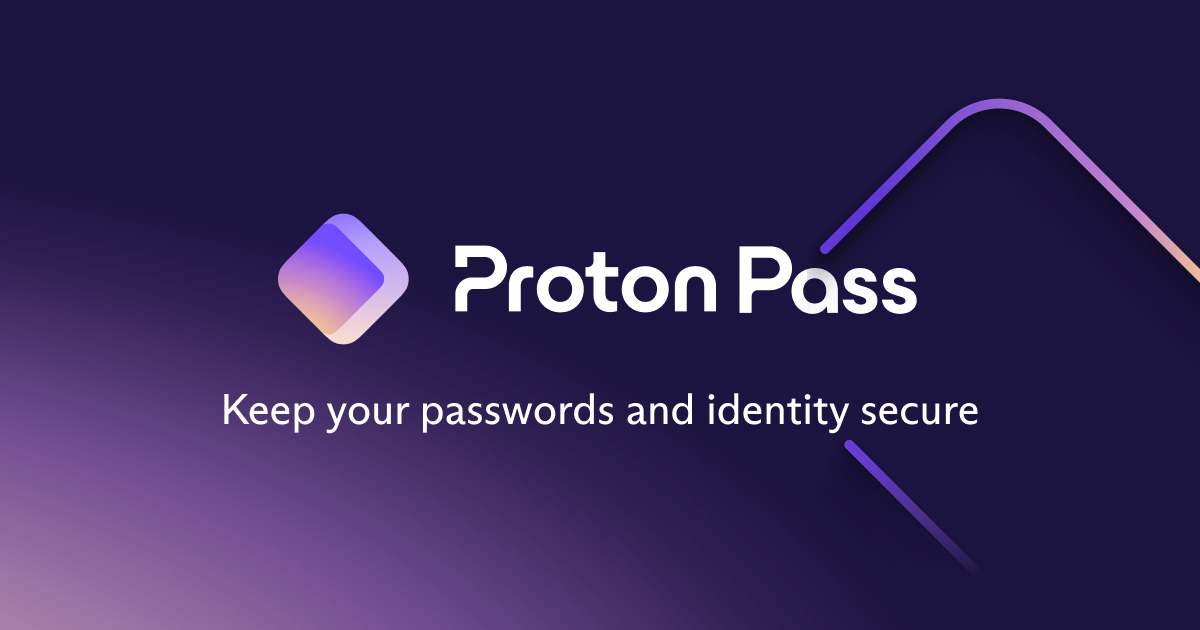I wish that proton would focus on the depth of their present stack, as opposed to breadth.
I’ve been begging for rclone support for proton drive for a long time now… without it, I basically have 1tb sitting there useless.
Same thoughts here. ProtonVPN under Linux is very poorly supported.
Wish I could up vote that 100 times!
It’s horrible. I’ve had to hack together a shell script to switch between countries using a bunch of openvpn config files. The official app broke my Linux Mint network setup.
Just out of curiosity. How is it poorly supported?
I haven’t used it much yet, but the times i have it seems to have worked fine.IIRC it’s missing a number of features that ProtonVPN Windows has. I last checked into it a year or so ago and the attitude was that it was a very shoddy application missing most features. I found this github issue expressing this sentiment but I don’t see much in terms of specifics.
I don’t have a paid ProtonVPN but I just downloaded the VPN on a free account and it only has 3 options on it:
- Secure Core on/off (only select servers in privacy-friendly countries)
- Netshield (DNS adblocking etc)
- Killswitch
I use Mullvad so I opened that up alongside and will list out the features it has on its Linux client in comparison:
- DNS adblocking
- Killswitch
- Wireguard
- Auto-launch on pc start
- Split tunnel support
- Local network split tunnel allowance
- Disable ipv6
- Custom DNS server
- Protocol obfuscation (UDP-over-TCP)
- Multihop servers
- Quantum-resistant tunnel (for Wireguard initialization)
The main ones for me are split tunneling and Wireguard. Using a VPN that doesn’t support these is a non-starter for me, unfortunately. If any of this is different when you have a paid ProtonVPN account let me know - I don’t have very much experience with it.
TBH, if protonVPN under linux was any good I would probably have Proton Unlimited. I can’t justify paying for Mullvad and Proton Unlimited, so I DIY my own collection of services to match functionality for about the same price.
I just had a look and as far as i can tell ProtonVPN suppports everything Mullvad does. On windows…
On linux you get fuckall settings. No split tunneling, no dns, no wireguard, no nothing. There seems to be no parity between linux and windows. That is less than poorly supported, it’s atrocious tbh.
On windows you even get a fancy map with triangles that shows server locations that can be used to quick connect.
And this is with an unlimited account so i don’t believe it’s an account level limit.Edit: I just looked and to be fair they do state in the plan features that Split tunneling is only available on Android and Windows
Missing lots of features. Proton does not prioritize Linux at all
I use keepassXC and Ive never had a problem with it, Is there anything different about Proton Pass?
Any strong reasons to switch from KeePassXC?
Has anyone tried it yet? Two downsides for me:
- there’s no desktop app
- there’s no Safari desktop extension (I know most people don’t care about this)
It’s also more expensive than Bitwarden even at €1/mth
I tried it and its pretty cool and polished, but Bitwarden is WAY better in every poseible way.
I was in the beta of it, didn’t use it though as i am on 1password.
For me it’s important that i have a desktop application. I don’t want to open my fcking webbrowser anytime i need a password or want to edit some credentials.
And they simply don’t have one. I gave it as feedback and they say it’s on their roadmap. I said they should take 1passwords desktop as inspiration as it works so fcking good; I really love that floating quick search that you can summon with a keycombo.
Tempting. I’ve been using Bitwarden for awhile now and it’s been fantastic. I am not sure I need to switch.
I’m a faithful Bitwarden user. No need to switch
I’m pretty sure the app is great, but I am not a fan of putting all my eggs in the same basket. I will keep using Bitwarden for the time being.
Same here. I’m fine using Proton for my mail & drive, but I also like keeping my passwords separate in bitwarden, and my 2fa separate in my raivo. A healthy separation is good.
deleted by creator
I think you log in with your proton account, that supports yubikeys for 2fa
If they’re going to try to compete with Bitwarden they could at least offer 2FA for free instead of paywalling it as a feature. It was disappointing when Bitwarden did it, and it’s even more disappointing with Proton - it’s like failing an open book test.
You shouldn’t be using that feature anyway. Keeping your passwords and 2FA in the same place means you only have 1FA.
It’s mainly a difference in threat model. 2FA within a password manager is still 2FA for concerns of a website login being hacked by remote adversaries, which is the most important problem to solve.
If you use 2FA within your password manager, you should still lock that outer-most password vault with 2FA from a separate device (like you said), which solves your password vault being hacked by remote adversaries. Optionally, you can then use aggressive idle-locking of your vault on your personal devices, in case they’re stolen physically.
Goodbye LastPass (I’m aware I should have migrated already but I was holding out for this)
The most important step a man can take. It’s not the first one, is it? It’s the next one. Always the next step.
Oh my god you’re still on Lastpass? RUN!
What does 2FA authenticator mean? Is it a vault to store your 2FA seeds?
deleted by creator
yeah, although using a password manager as a 2FA provider sort of negates the “2F” part.
Depends. I use 1Password and let it store all my 2FA, because my 1Password login is secured with another 2FA.
deleted by creator
2FA is a paid feature!
deleted by creator
Is it open source though?
Here you go :)
















